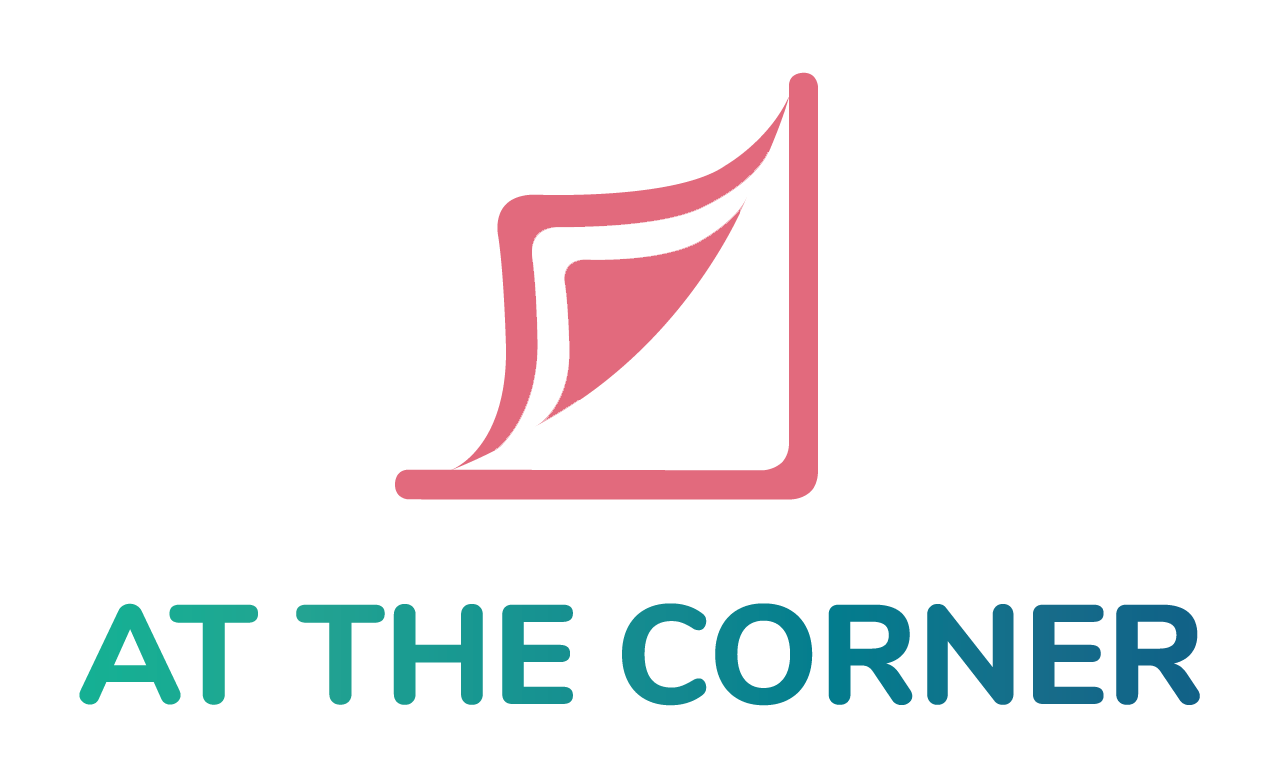It looks like Australia is nearing lockdown, as the consequences of the COVID-19 virus unfold. Many things have been written about it. We currently receive around 10 emails per day from various companies about how seriously they are taking it and what precautions to take, and more. It’s tedious to be offered the same reading material, over and over again. So here’s something different.
All of our participants are affected by supermarket shortages, caused by individuals choosing to stockpile essential items. In an effort to even the score, both Coles and Woolworths supermarkets have started offering a “community hour”. The concept is that people who are elderly or living with a disability can go into store an hour before everyone else. Senior citizens can easily prove their age. But how do you prove a disability?
Here’s an extract from the Coles website:
present a government-issued identification card including:
illustration of a virus
Pensioner Concession Card
Companion Card
Commonwealth Seniors Health Card
Health Care Card
Seniors Card
Disability Card
All of these things involve receiving some kind of state social security payment. But what if you are not in receipt of such a payment? What if you have a job? Does that mean you are not "disabled"? Is it society's collective expectation that people with disability must receive benefits, or else they are not disabled?
A few people we support have been turned away, because they do not appear disabled and they do not claim benefit. Shouldn’t we celebrate, rather than punish this?
We suspect that punishment is not the intention, but this time of crisis exposes the rules, the prejudices, the expectations that we all have and here's one in the spotlight.
It's time to pen another letter to someone to right the wrong. People with disabilities do not have to live on benefits and they are entitled to have a disability without having to "look disabled".











Is it mandatory for people with disabilities to receive state benefit? If not, then why does that seem the only way to access help?